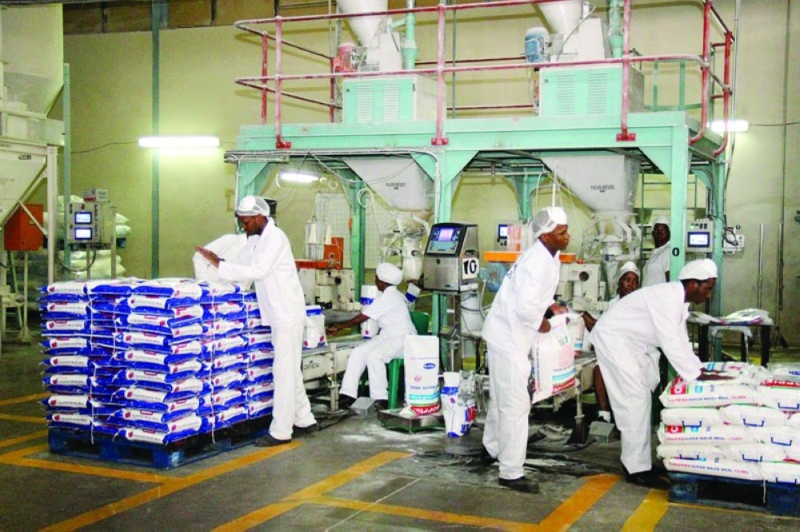Cheap imports force closure of Bolux’s pasta plant
Pauline Dikuelo | Monday November 6, 2023 06:00


On Tuesday, Bolux CEO, Christo Ellis told Botswana Investment Trade Centre (BITC) officials that the closure was largely because of stiff competition from imported pasta and declining profitability.
The BITC is visiting some of its assisted companies to assess their operating conditions and gauge any interventions required.
Ellis said matters had come to a head after years of vying for market space.
“Unfortunately we got to a point where we cannot compete with these imported products anymore because they sell at a lower price,” he said. “It is not easy to compete with Turkey as they are the biggest pasta producers in the world while Egypt’s pasta production facilities are run by government.”
Ellis added: “We have not been profitable in the pasta business and the closure was a wise decision.”
The CEO said Bolux would continue selling its King Pasta brand as this will be produced in Namibia on the company’s behalf.
Established 38 years ago, Bolux is production powerhouse behind household brands such as A1 Super maizemeal, A1 instant porridge, Snow White flour, Pasta King, Maxi bread and GO bread. Other well-known products include Chobe maize rice and samp and Chobe Super Special maize meal.
Currently the company imports 90% of its raw maize and wheat grain from across the globe while the entire production and packaging process takes place on site in Ramotswa with depots infrastructures at Palapye, Francistown and Maun. The company has 500 direct employees and 128 engaged as contractors.
“We are committed to supporting local farmers by buying their produce unfortunately the local production of wheat milling is less than five percent of the national demand. “This is an opportunity for local farmers to produce more wheat grain,” he said.
Meanwhile, Olebile said the BITC Investor After Care visits were important in order for the organisation to appreciate companies’ operations and engage them on how more assistance can be rendered.
“It is important that we pay courtesy calls to local companies to nourish our relations and see how our investors are doing. “We will continue to assist and facilitate Bolux group, which has for a long time benefitted through the Botswana One Stop Service Centre,” he said.
